Toothpaste made from hair could help repair teeth
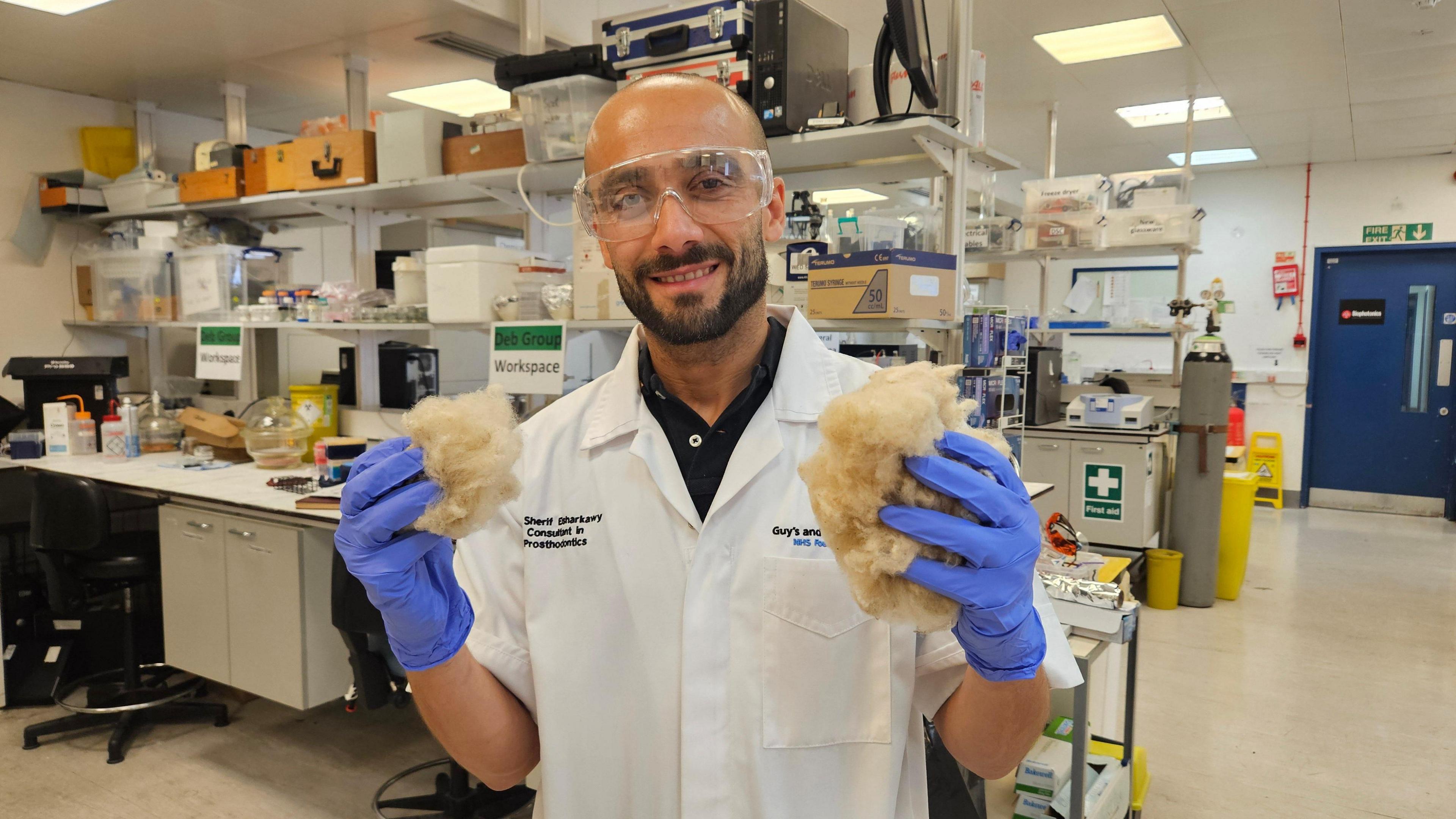
Dr Sherif Elsharkawy believes the technology could be available within two years
- Published
Toothpaste made from your own hair could help repair and protect damaged teeth, researchers say.
Scientists from King's College London found that keratin - a protein found in hair, skin and wool - can repair tooth enamel and stop early stages of decay.
Their research revealed that keratin produces a protective coating that mimics the structure and function of natural enamel when it comes into contact with minerals in saliva.
Sara Gamea, PhD researcher at King's College London and first author of the study, said: "Keratin offers a transformative alternative to current dental treatments."
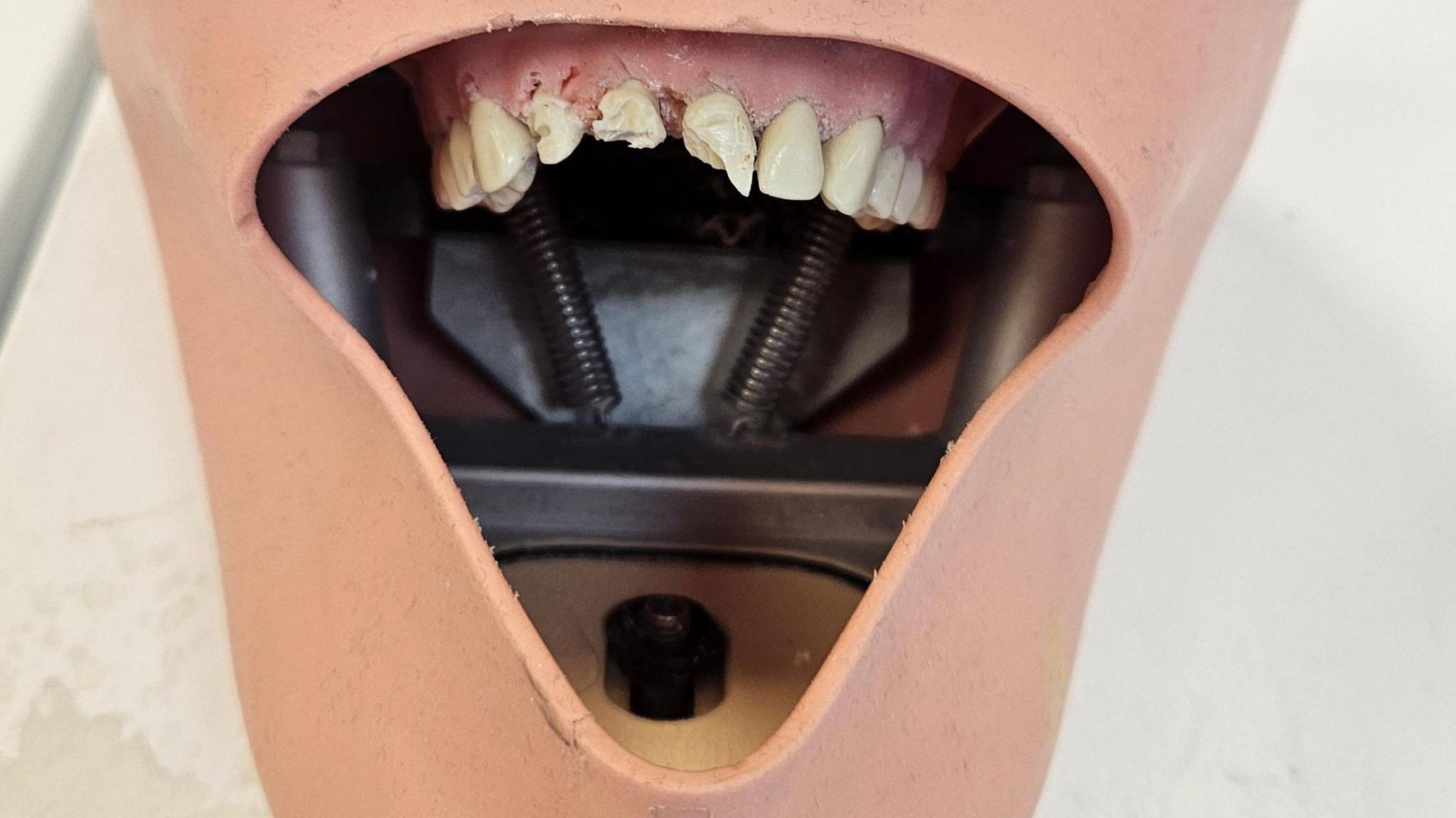
Tooth decay can be caused by acidic food and drinks
She added: "This technology bridges the gap between biology and dentistry, providing an eco-friendly biomaterial that mirrors natural processes.
"Not only is it sustainably sourced from biological waste materials like hair and skin, it also eliminates the need for traditional plastic resins, commonly used in restorative dentistry, which are toxic and less durable."
In their study, published in Advanced Healthcare Materials, the scientists extracted keratin from wool.
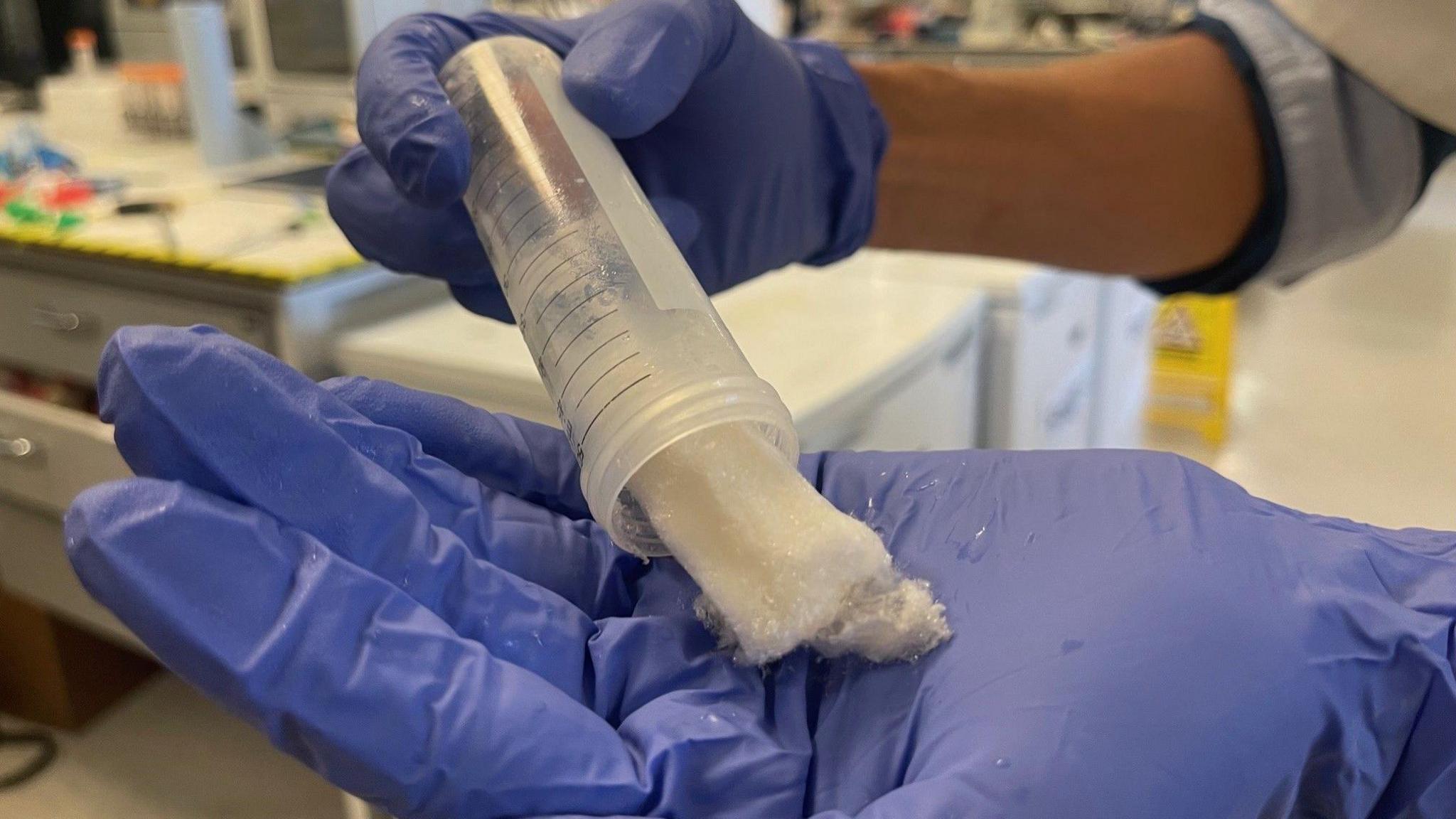
Researchers say Keratin material extracted from hair could be used to create toothpaste that repairs tooth enamel
They discovered that when keratin is applied to the tooth surface and comes into contact with the minerals naturally present in saliva, it forms a highly organised, crystal-like scaffold that mimics the structure and function of natural enamel.
Over time, this scaffold continues to attract calcium and phosphate ions, leading to the growth of a protective enamel-like coating around the tooth, according to researchers.
Acidic foods and drinks, poor oral hygiene and ageing all contribute to enamel erosion and decay, leading to tooth sensitivity, pain and eventually tooth loss.
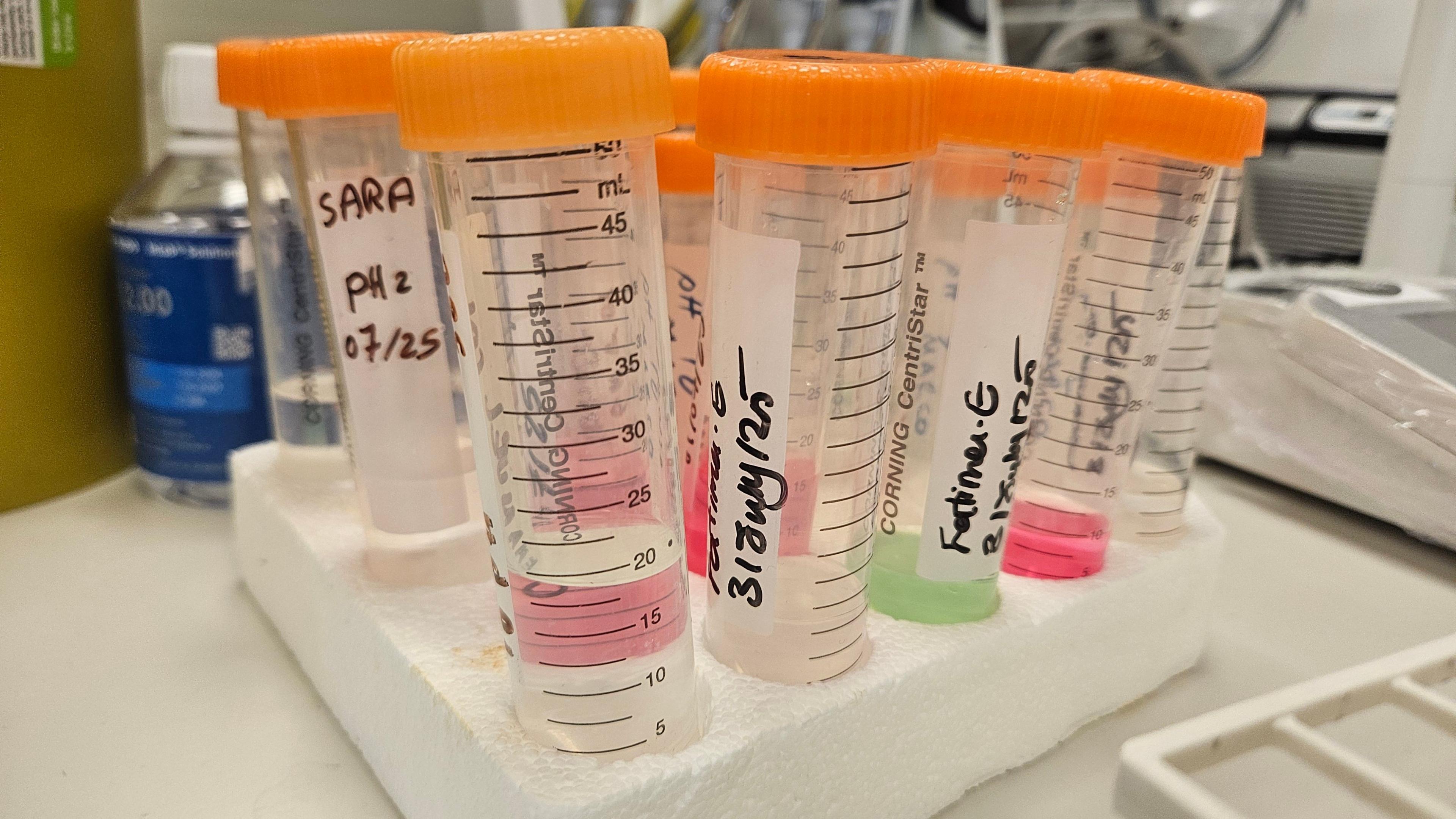
The research was led by a PhD student
Dr Sherif Elsharkawy, senior author and consultant in prosthodontics at King's College London, said: "Unlike bones and hair, enamel does not regenerate, once it is lost, it's gone forever.
"We are entering an exciting era where biotechnology allows us to not just treat symptoms but restore biological function using the body's own materials.
"With further development and the right industry partnerships, we may soon be growing stronger, healthier smiles from something as simple as a haircut."
Listen to the best of BBC Radio London on Sounds and follow BBC London on Facebook, external, X, external and Instagram, external. Send your story ideas to hello.bbclondon@bbc.co.uk, external
Related topics
- Published13 April
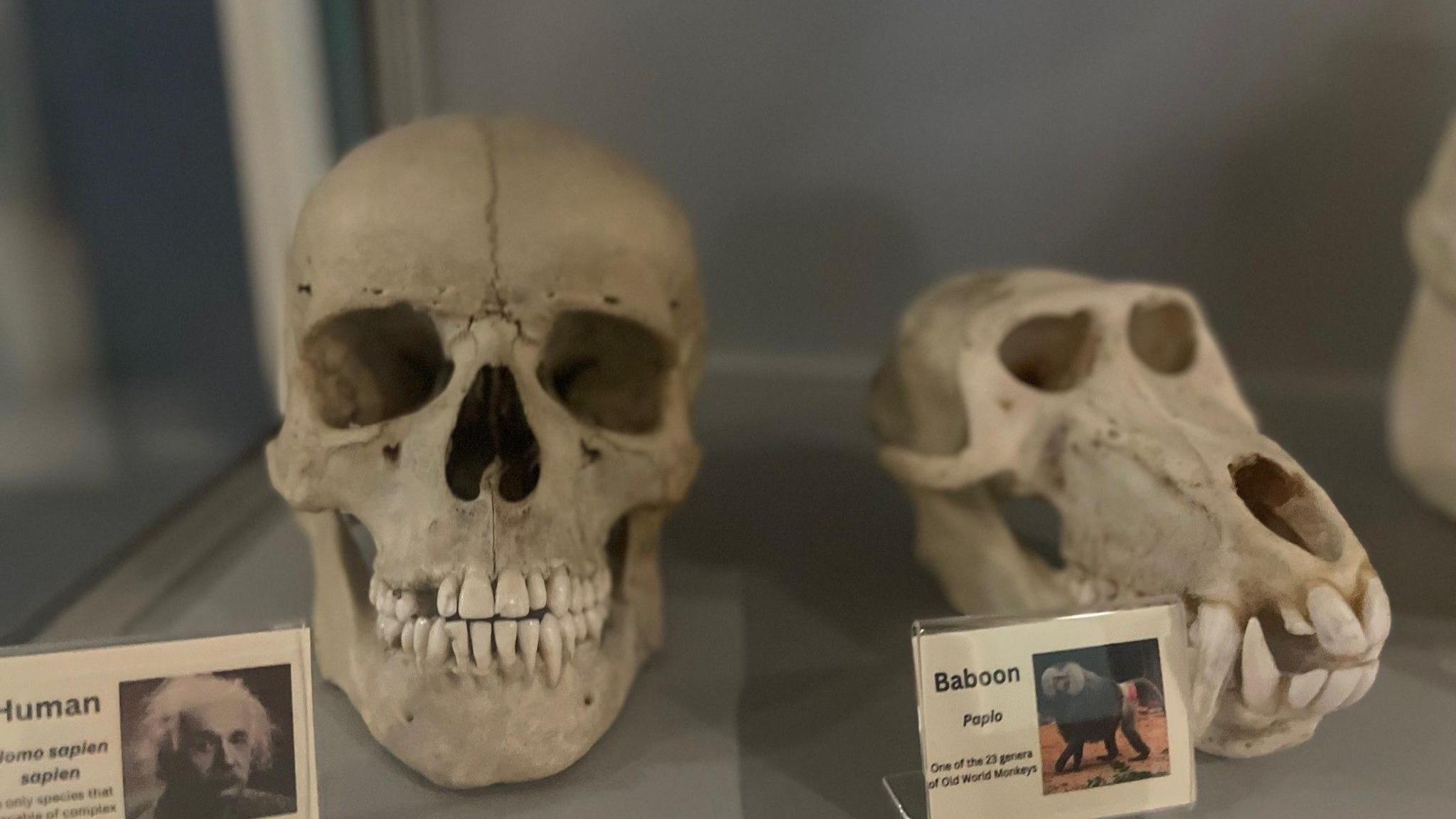
- Published7 March

- Published27 May 2015